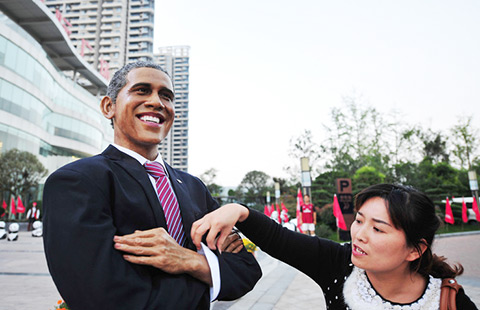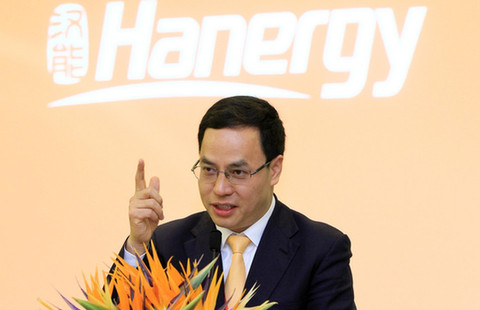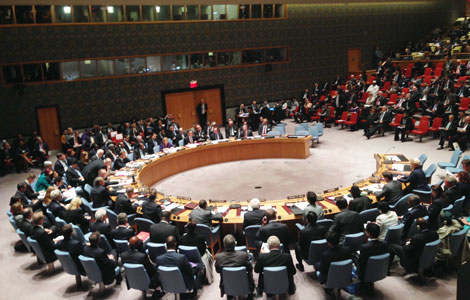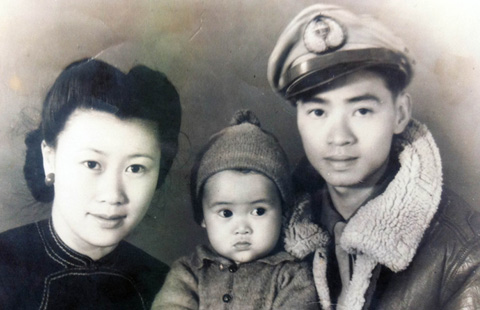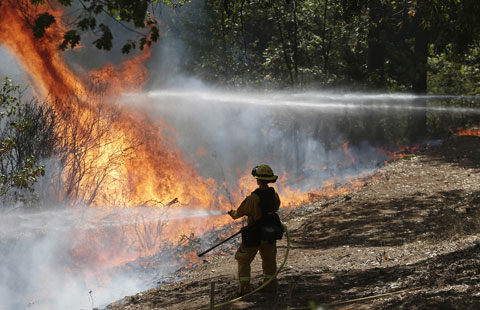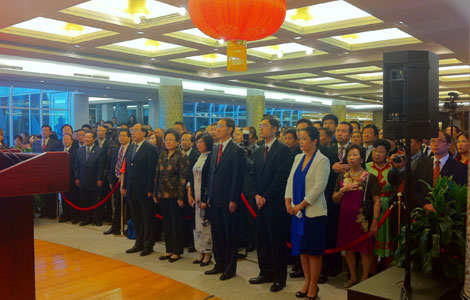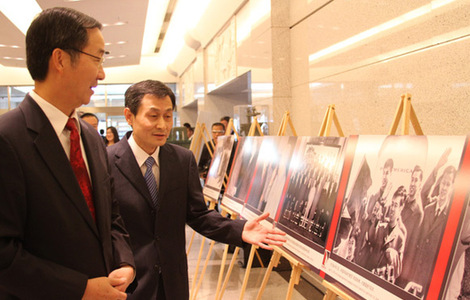Anti-graft drive puts the squeeze on Macao junkets
Updated: 2014-09-25 07:37
(Agencies)
|
||||||||
|
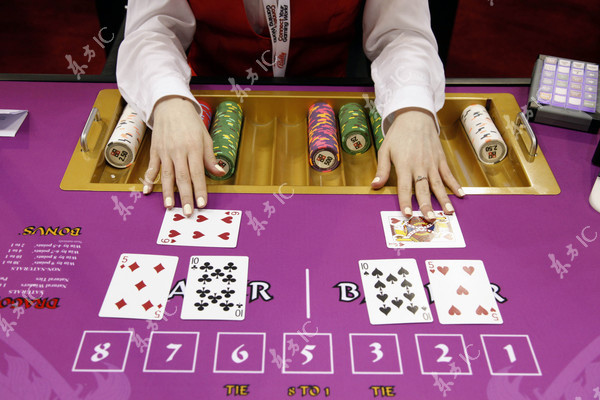 |
| Casino-entertainment professionals gather at Global Gaming Expo Asia 2014 in Macao, on May 20, 2014. [Photo/IC] |
Macao - Macao's casino junket operators are feeling the squeeze as China's anti-corruption drive has blown a hole in the world's biggest gambling hub. Some are shifting players elsewhere, like the Philippines and Vietnam, and others are quitting the business.
Chinese President Xi Jinping's near 2-year crackdown on corrupt officials and tycoons has hit revenues at Macao's high-rolling VIP lounges, and analysts predict this year could be the worst on record with, at best, low single-digit growth, though 'mass market' gamblers are taking up some of the slack.
The so-called 'big whale' gamblers, who don't blink at dropping HK$1 million ($129,000) on a single bet, are thinner. The junkets - on commission from the casinos to bring in the high-rollers, lend them money and settle their debts - are less willing to extend generous credit terms as it's tougher these days to chase those debts.
"I can't sleep at night. There are just too many problems," said one 54-year-old junket operator who didn't want to be named. "I'm not optimistic for the future of the VIP junket industry here."
"Beijing isn't directly controlling, but is putting subtle pressure on the authorities here. There's more information gathering, and it's harder now for even low-level (Chinese) officials to come here to gamble."
The Macao-born businessman, who manages VIP tables in Galaxy Entertainment Group's golden turreted Galaxy Macao resort, said he was trying to get out of the business after more than 20 years.
Of Macao's 220 licensed junket firms, at least 15 have shut up shop in the big casinos this year, according to a recent Daiwa Capital Markets report. The VIP business has traditionally brought in close to two thirds of Macao's gaming revenues - of $45 billion last year, more than seven times those of Las Vegas - but analysts predict that will drop to nearer a half.
In June, a high-profile junket boss was interviewed in Hong Kong by Chinese investigators to provide information on Chinese officials gambling in Macao, said two people with direct knowledge of the matter.
Vickers likened the situation to a junket beauty parade, "where some are paraded as winners, and some as losers."
Dore, a former top-10 junket operator, said in June it was quitting the business, stating it "provides limited room for long-term growth development for the group."
The Macao government is encouraging the gambling industry, which brings in over 80 percent of the Special Administrative Region's tax revenues, to diversify. Suncity, a leading junket with interests from property and finance to entertainment and media, was chosen as the official sponsor for the annual Macao Grand Prix, which features Formula Three motor-racing.
The company, led by 40-year-old Alvin Chau, a member of a Chinese parliamentary advisory body, is listing part of its business on the Hong Kong stock exchange through a deal with International Entertainment Corp, a company owned by the family of Hong Kong tycoon Cheng Yu-tung.
An executive at Heng Sheng, another leading Macao junket, said Beijing's anti-corruption campaign was lasting longer and going deeper than expected, and was adding to the pressure from tight liquidity and fragile trust in the industry after one junket agent fled with up to $1.3 billion in April.
The flow of VIP-room revenue in August, at HK$40 billion, was half of June's levels, and Heng Sheng may close its VIP tables at Sands China Ltd's Cotai Central and Venetian casinos, according to an internal sales note made at an investor meeting where the executive spoke earlier this month. A Heng Sheng investor last month announced plans to build a $3 billion casino resort complex on the western Pacific island of Saipan.
Most Viewed
Editor's Picks

|

|

|

|

|

|
Today's Top News
China's FM calls for anti-terror 'new thinking'
PLA vows to root out abuse of power
Express delivery sector opens up
Obama urges further coalition efforts against IS
China boosts climate efforts
Central Asian nations are ready to roll on the 'new Silk Road'
Ex-Chinese planning official confesses to graft
Alibaba's shares down for second day
US Weekly

|

|
